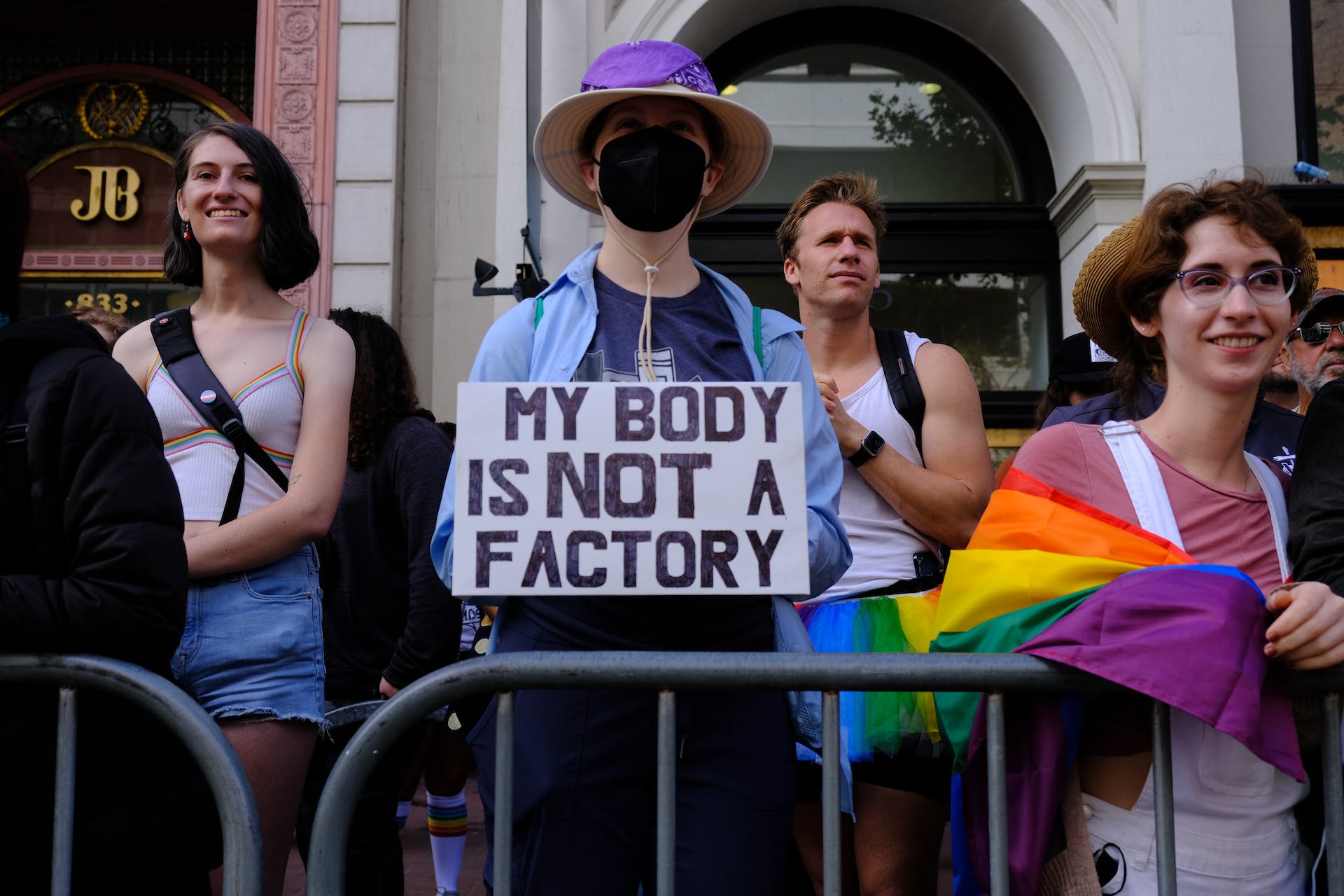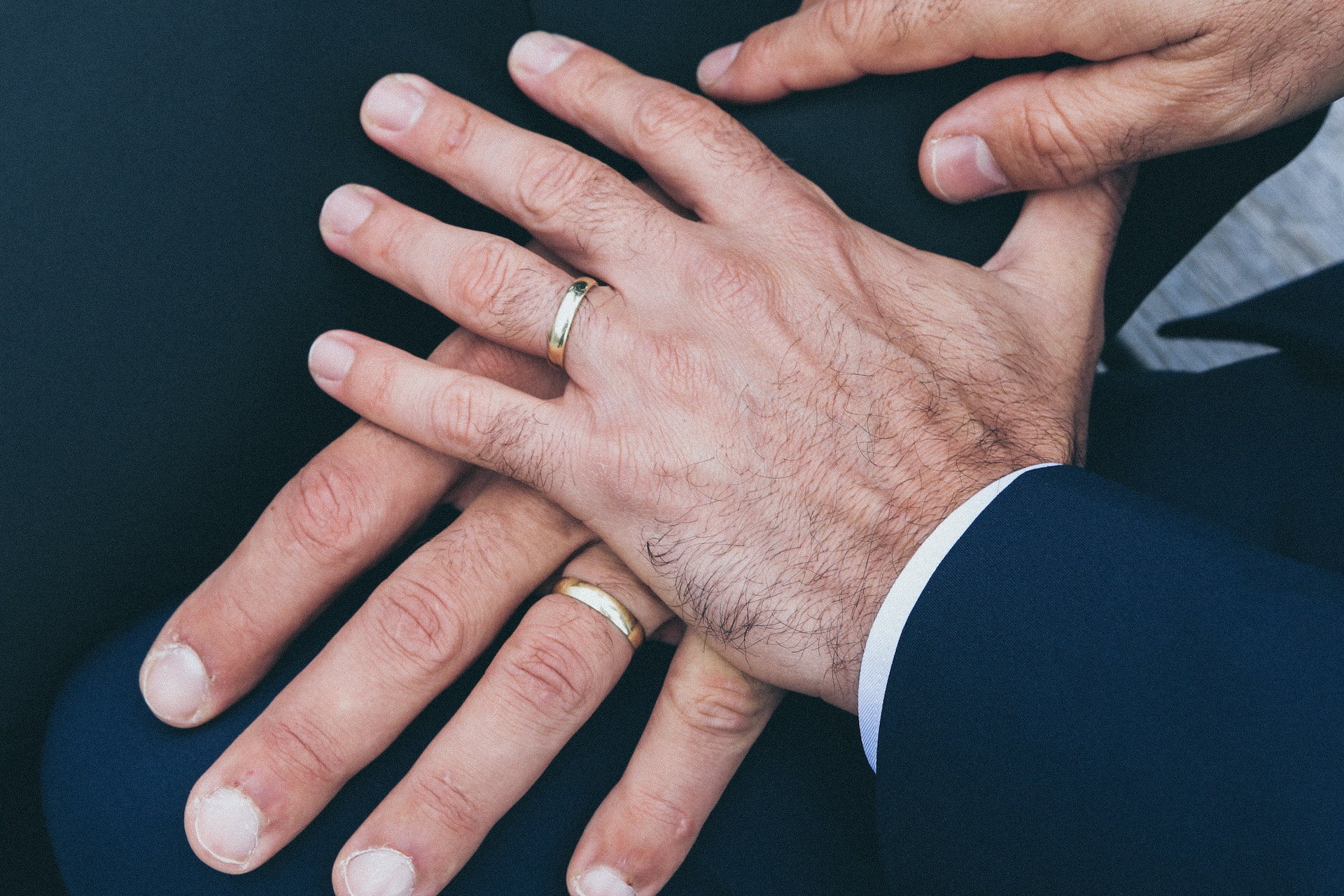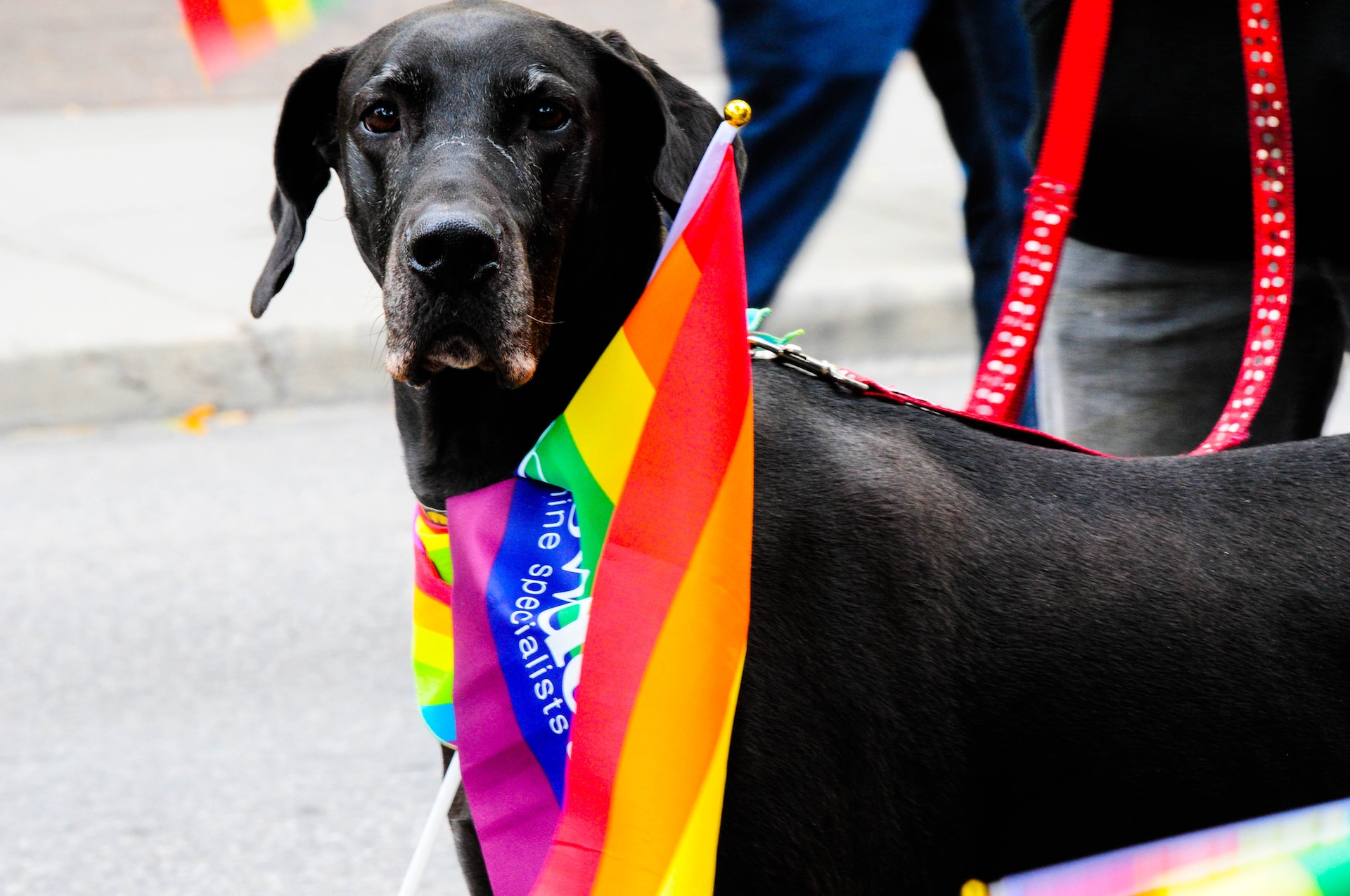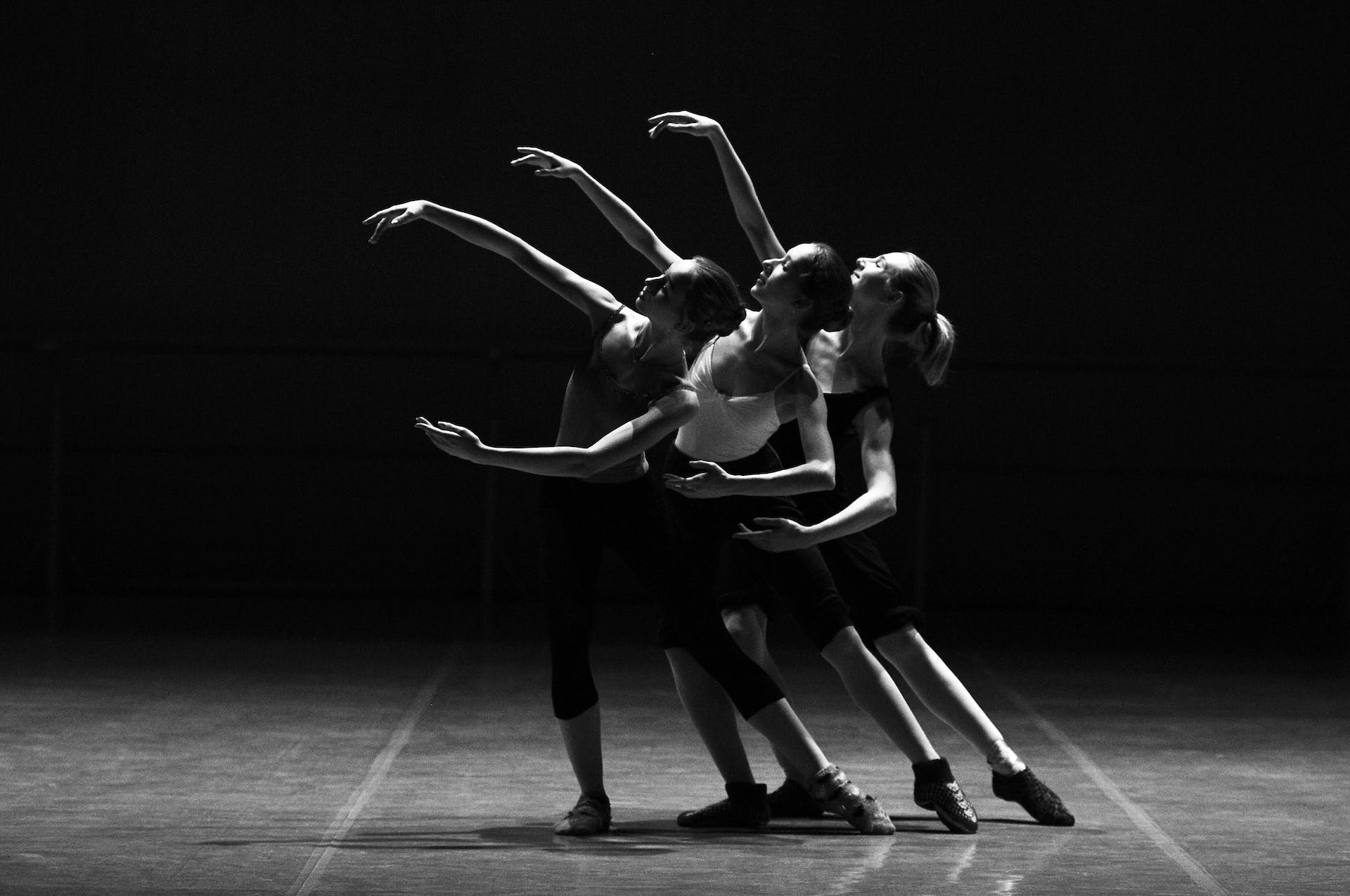Amazon Prime Faces Legal Action Over Homophobic Chants in PSG Match Broadcast

A French LGBTQ+ rights organization has launched a legal challenge against Amazon Prime. This follows the streaming platform’s broadcast of a replay featuring a football game between Paris Saint-Germain (PSG) and Marseille, where homophobic chants were distinctly heard. The match in question, which occurred on September 24, saw PSG fans using homophobic slurs aimed at their opponents, a situation reported by an AFP journalist at PSG’s Parc des Princes stadium.
PSG Players and Club Sanctions
The incident led to repercussions for PSG, with four of its players, including Randal Kolo Muani and Ousmane Dembele, receiving suspended one-match bans for participating in the chants. These players later issued apologies for their conduct, acknowledging they got “carried away” and promising to uphold their responsibility to set a positive example. Additionally, PSG faced penalties, including the closing of the Auteuil stand in their stadium for one game.
Broadcaster Liability and Amazon’s Response
The LGBT Families group’s lawyer emphasized that while live broadcasts of offensive content might not incur liability, replays do. The complaint against Amazon Prime alleges that the replay of the game included distinct homophobic chants from the fans. Amazon Prime, in response, stated that the match was no longer available on its platform when the complaint was made public and condemned all forms of discrimination, including homophobia.
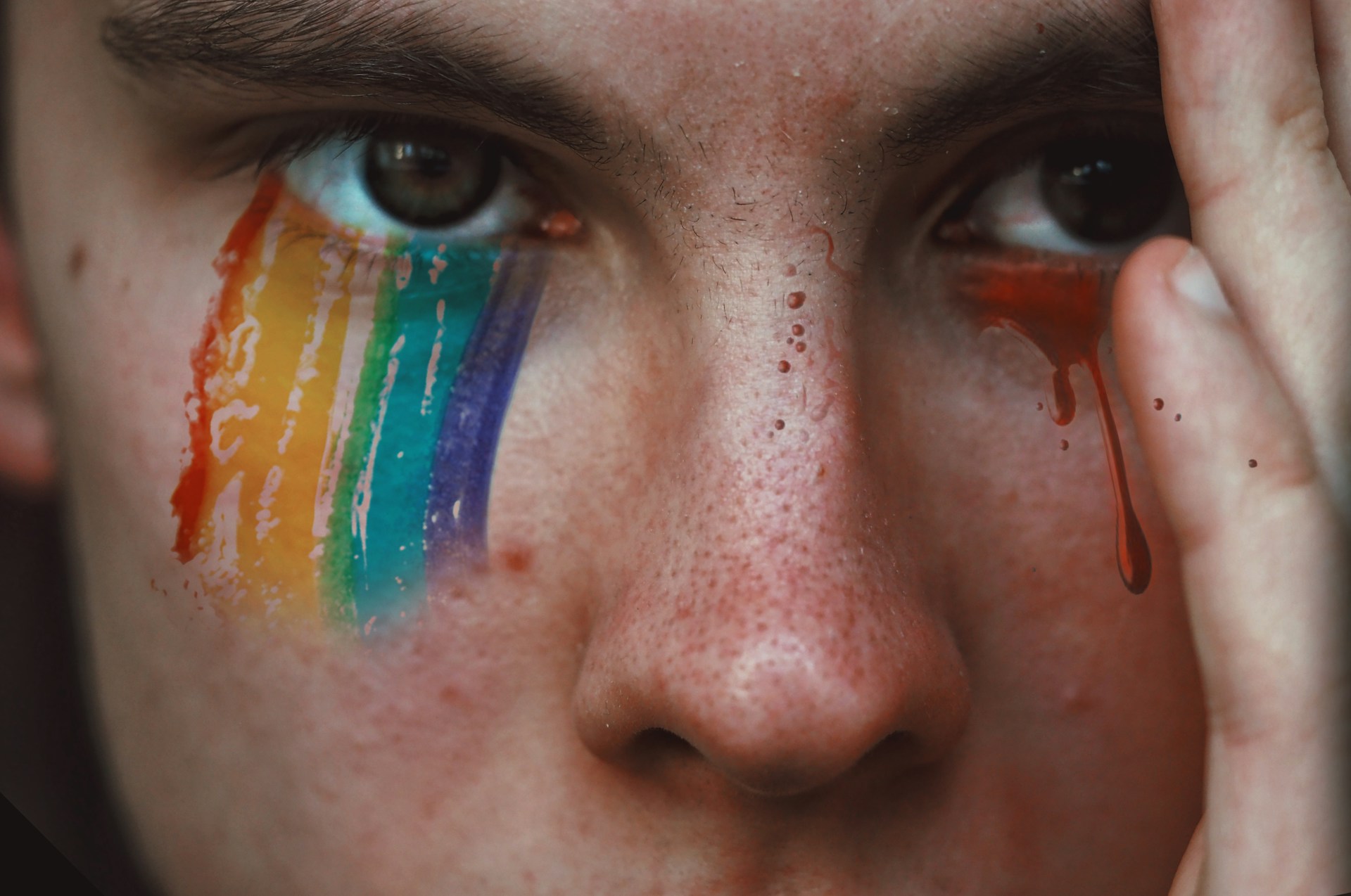
Wider Context: Homophobia in French Sport
The lawsuit against Amazon Prime reflects a larger issue of homophobia within French sports. A survey conducted by the Federation Sportive LGBT+ association found that almost 50% of participants observed homophobic or transphobic actions in sports environments. Additionally, this situation follows an event where several Ligue 1 players chose not to wear rainbow-themed symbols as part of an anti-homophobia initiative, although the majority of players endorsed this effort.
Campaign Against Homophobia in Football
The Rouge Direct (Straight Red Card) group, an organization fighting against homophobia in sports, has supported the complaint against Amazon Prime. They accused the streaming service of reneging on a previous commitment to not broadcast homophobic chants during replays. This legal case against Amazon Prime forms part of a larger effort to combat the normalization of homophobia in football and sports at large.
In summary, Amazon Prime’s decision to replay a football match featuring homophobic chants has led to legal repercussions and brought into focus the ongoing issue of homophobia in sports, particularly in French football. This case underscores the need for broadcasters and sports organizations to actively address and prevent discriminatory behavior.
©equalityvoices.org




